
Collaborate, Learn, and Share as We Advance Open Science Practices in Education Research
Thursday, February 24 & Friday, February 25
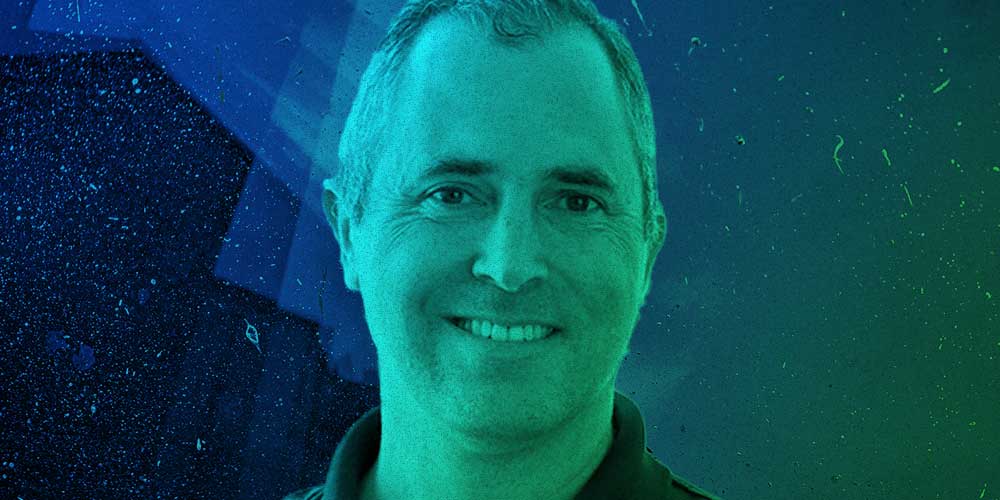
Co-founder and Executive Director of the Center for Open Science, on the use of open science to advance education research.
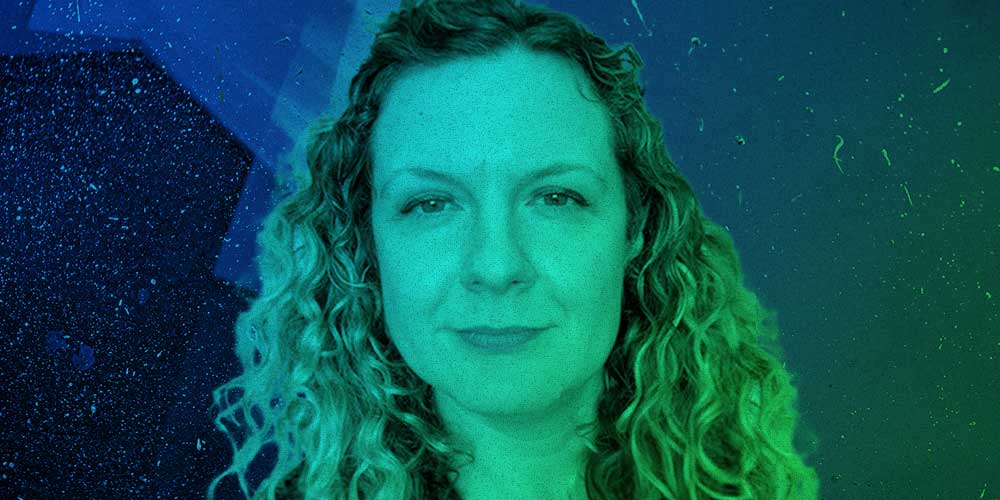
Data Sharing with Sara Hart
This session will cover the benefits of data sharing as well as the “how to” of how to prepare data for sharing.
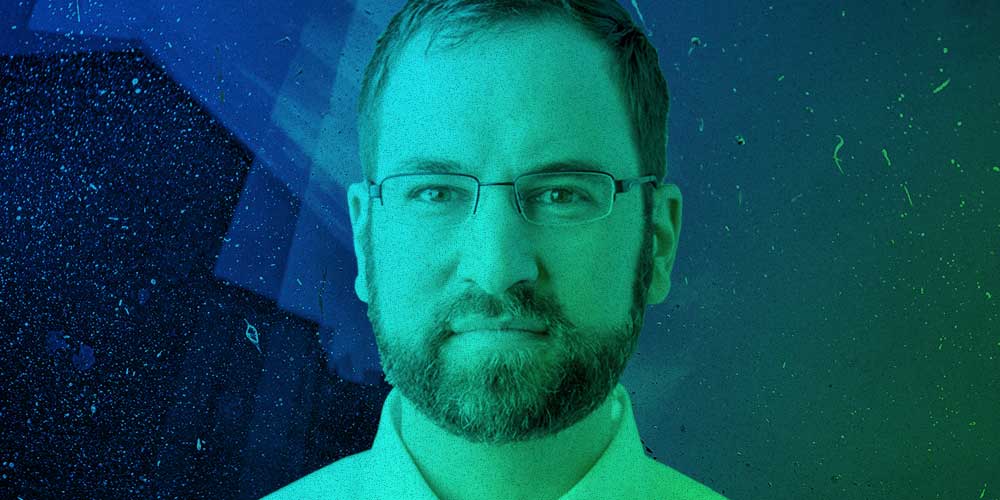
Understanding Replication in Education Research with Matt Makel
This session will introduce the purpose of replication, different conceptions of replication, and some models for implementation in education.
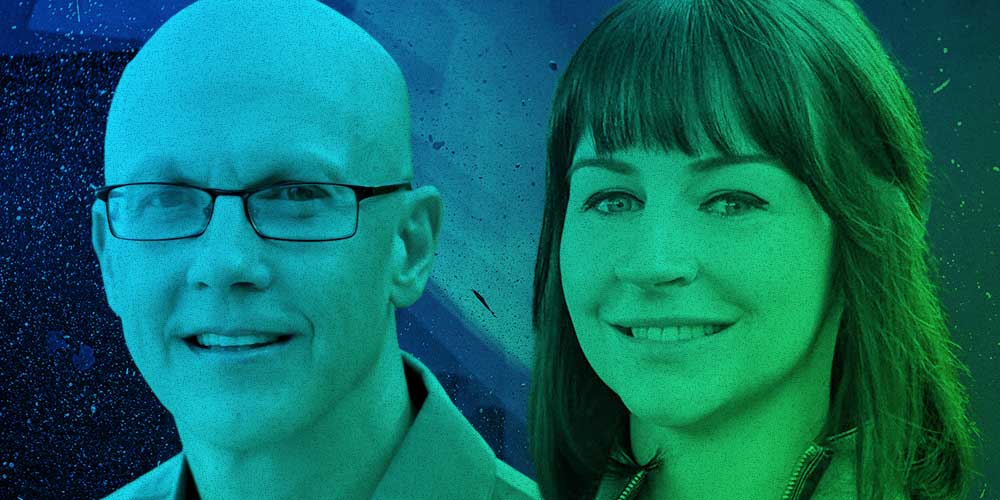
Preprints and Open Access with Bryan Cook and Stacy Shaw
This session will provide an introduction to preprints with a focus on their contributions and limitations in the context of current models of scholarly publishing.
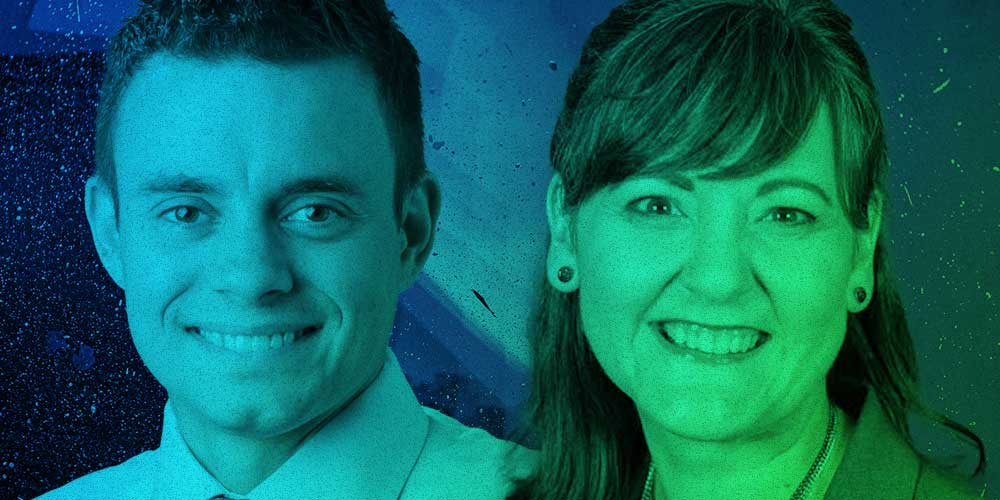
Preregistration with Scott Peters and Karen Rambo-Hernandez
This session will introduce the basics of pre-registration: a method for creating a permanent record of a research plan prior to conducting data collection and/or data analysis.
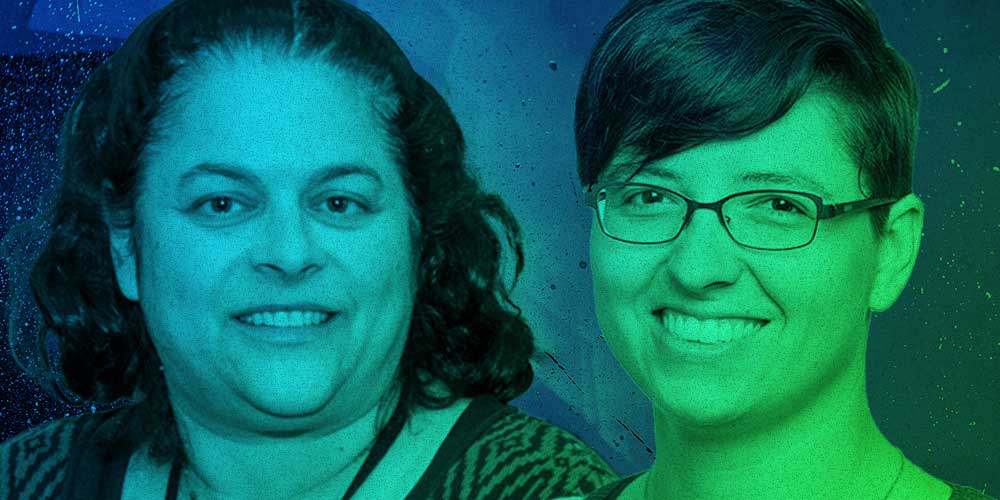
Registered Reports with Betsy McCoach and Amanda Montoya
This session will introduce the basics of registered reports and the process of creating a permanent record of a research plan prior to conducting data collection.
Sessions will provide a broader and more educational focus for attendees who are seeking to expand their knowledge about open science.
Group discussions designed to reach consensus on a topic or generate a plan of action.
Participants work together on a defined task for one to three hours. Examples include letter writing campaigns, creating syllabi and faculty guides, designing studies, and proposals.
Hands on lessons that leave attendees with resources to use and apply.
Presentations on a topic in five minutes or less.
Unconferences maximize the most important parts of conferences: connecting with peers and collaborating on exciting new projects. Simultaneously, they minimize the parts where they teach me things I already know. They are a wonderful opportunity to learn, meet collaborators, and start new projects. Unconferences like this one have ruined other conferences for me.

Matthew C. Makel, PhD
Associate Research Scientist
Johns Hopkins University School of Education
The Open Scholarship Unconference was informative, interactive, and fun and made it easy and comfortable to collaborate with other educational researchers. The unconference format provided useful workshops and sessions, but also allowed space for researchers to come together spontaneously to work on important issues. The conference was the perfect mix of experts and novices and I appreciated that everyone was willing to share and learn from each other. I am looking forward to attending again!

Jesse Fleming
PhD Student, Special Education
Curry School of Education and Human Development, University of Virginia
University of Virginia
Johns Hopkins University
University of Connecticut
University of California, Los Angeles
University of Wisconsin – Whitewater
Texas A&M University


Sponsored by the Center for Open Science with support from the National Science Foundation award DRL-1937698. Any opinions, findings, conclusions, or recommendations contained within the unconference are those of the authors and do not necessarily reflect the view of NSF
Access the links to all 2021 Unconference information and resources. If you have questions, please email unconference@cos.io.

6218 Georgia Avenue NW, Suite #1, Unit 3189
Washington, DC 20011
Email: contact@cos.io

Unless otherwise noted, this site is licensed under a Creative Commons Attribution 4.0 International (CC BY 4.0) License.
Responsible stewards of your support
COS has earned top recognition from Charity Navigator and Candid (formerly GuideStar) for our financial transparency and accountability to our mission. COS and the OSF were also awarded SOC2 accreditation in 2023 after an independent assessment of our security and procedures by the American Institute of CPAs (AICPA).
We invite all of our sponsors, partners, and members of the community to learn more about how our organization operates, our impact, our financial performance, and our nonprofit status.